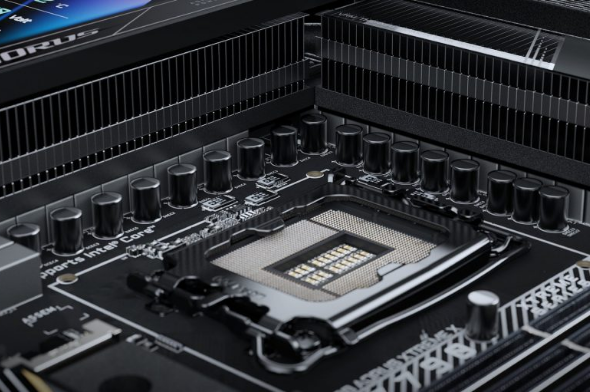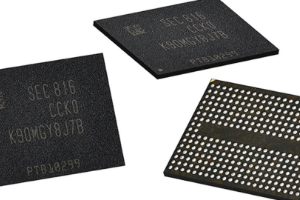Connection to DriversCloudCreate a DriversCloud.com accountReset your DriversCloud.com passwordAccount migration
One after the other, ASUS and Gigabyte return (in part) to official Intel specifications
Motherboard manufacturers tend to exceed Intel processor specifications... and that's just too bad for users.
Over the past few weeks, or even months in the case of the oldest processors, users have been complaining of repeated crashes when using Intel processors. These are not just any processors, however, and the configurations are also quite specific. We're talking about Intel's 13th and 14th generation Core i9 processors here, and even more precisely about the "K" versions, the brand's most powerful processors. What's more, we're often talking about configurations based on the Z790 chipset, among the most high-end models available from motherboard manufacturers.
Why such problems? At first, it was difficult to understand, but little by little, the issue of processor power supply was brought to the fore. Indeed, while Intel publishes technical specifications for its processors and recommendations for their use, motherboard manufacturers sometimes do things a little "their own way". Taking advantage of the high manufacturing quality of Intel chips, they push the power supply and the power sent to the processor beyond Intel's recommendations. On many processors, this works quite well, but since we're "outside the box", it's not surprising that some chips don't take kindly to this boost and crash miserably under heavy loads.
Why do motherboard manufacturers go beyond Intel specifications? By providing the processor with more power and pushing the safety limits set by Intel, motherboard manufacturers are able to achieve significantly higher performance. The result is a kind of headlong rush: in order to outperform the competition, motherboard manufacturers go one step further... and so on.
ASUS and then Gigabyte were the first to blow the whistle, forced to do so by the increasingly virulent criticism of certain users. The two companies have therefore undertaken to make amends by publishing new BIOSes that respect Intel's official specifications. These BIOSes feature settings called the Intel Baseline Profile, which prevent untimely overruns and put an end to crashes. Note, however, that these BIOSes do not activate these profiles by default: once the BIOS has been updated, the Intel Baseline Profile still needs to be activated, but it remains an interesting first step.








